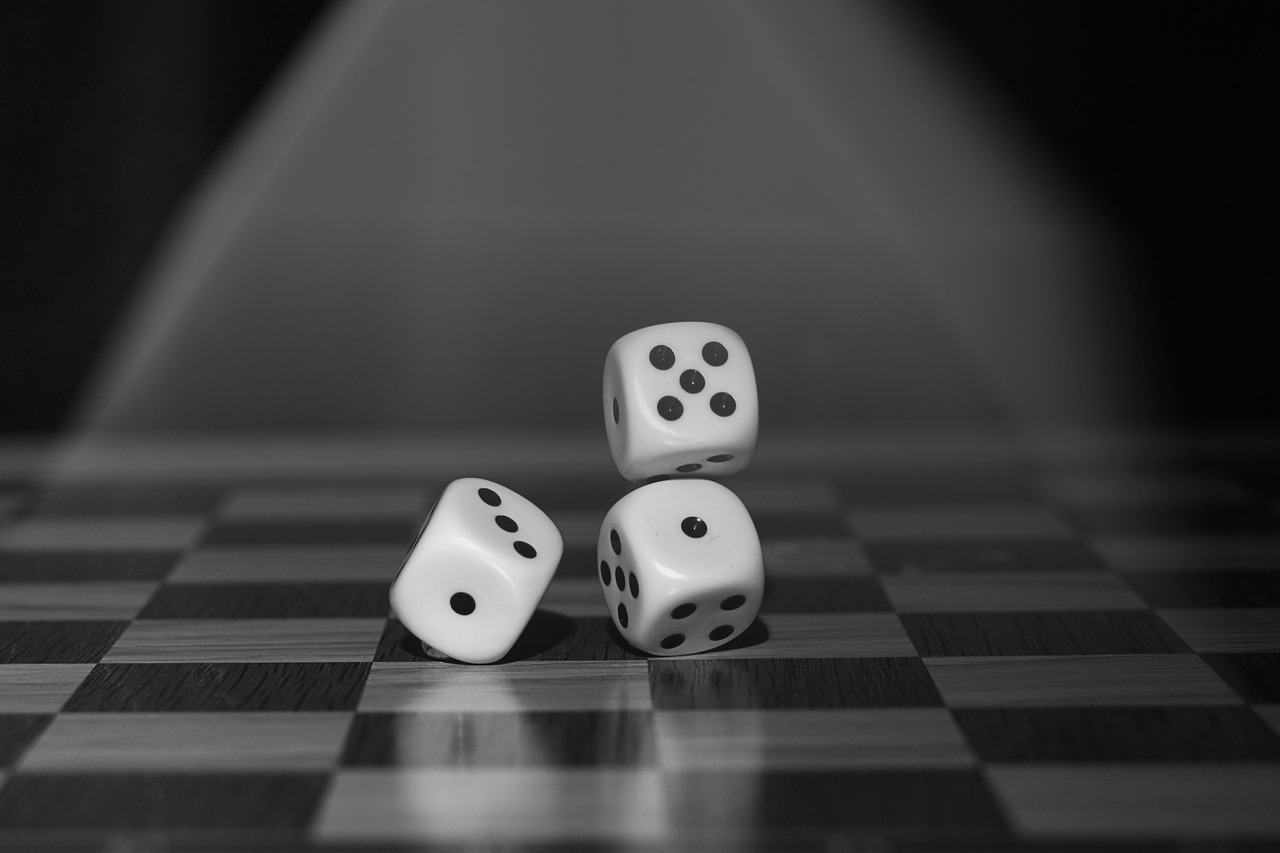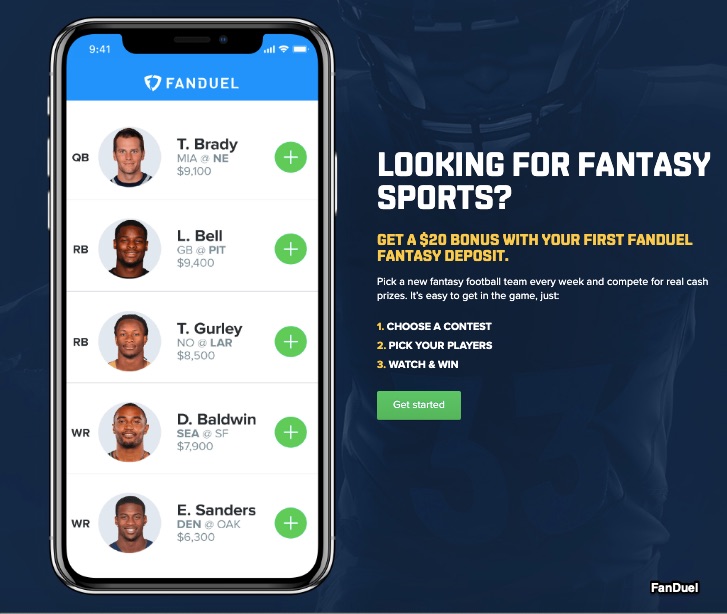Several weeks ago, after I had been stationary for maybe 30 seconds at a red traffic light in NYC, a car rammed me from behind. I was okay but my car was not.
My experience relates to a paper from the M.I.T. Sports Lab.
Almost all we do is a combination of luck and skill. My trip to and from NYC primarily depended on my driving skill which was fine. But I was not lucky at that traffic light.
Also concerned with luck and skill, a fantasy sports company, FanDuel, asked the M.I.T. Sports Lab to decide which of the two their customers most needed to win. The answer–luck or skill– would help New York State decide if fantasy sports violated a gambling prohibition in its state constitution.
Fantasy Sports: Luck or Skill?
In fantasy sports, participants can create virtual teams of real athletes and then compete through actual performance stats. Because the competition has been called gambling, it could be violating the law in states where betting is illegal. But was fantasy sports really gambling? It all depended on whether winning was based on luck or skill.
This is from FanDuel’s website. Like me, it might help you to understand what they do:
The New York Decision
When New York had to decide if fantasy sports was gambling, FanDuel went to the M.I.T. Sports Lab. Offering to give them all their data, FanDuel asked the lab to make the luck or skill determination. If the answer was skill, then FanDuel could say its players were not gambling. M.I.T. said they would do the analysis as long as they could publish unbiased results.
But how?
The Sports Lab looked at a host of issues. Basically though, they compared a player’s win fractions. If playing more resulted in more wins, then they attributed it to skill. And, in fact, the players who played the least did underperform.
In addition, the lab group looked separately at Fantasy Football, Fantasy Baseball, Fantasy Hockey, and Fantasy Basketball and at the real games. Then, to create a spectrum, they added mutual fund data on the stock market, bicycle racing, and coin flipping. The results? As you can see, coin flipping requires the most luck and competitive cycling the most skill. They said that basketball required less luck than hockey because there were so many more opportunities to score. The numbers told them that one lucky shot would be less likely to win a basketball game,
This was the spectrum that the M.I.T. team created:
Because the M.I.T. team concluded that fantasy sports required more skill than luck, it would not be called gambling. Agreeing, New York passed a law that legalized fantasy sport. Then though the decision was challenged again in the courts and remains there.
Our Bottom Line: Human Capital
Looking at the factors of production–land, labor, and capital–human capital is the category that involves the knowledge and skill that can make us more productive. For athletes, their human capital helps to make certain games compelling. Three scholars in a 2015 paper perfectly expressed it:
“On one hand, events within each game are unpredictable, suggesting that chance plays an important role. On the other hand, the athletes are highly skilled and trained, suggesting that differences in ability are fundamental. This tension between luck and skill is part of what makes these games exciting for spectators . . .” (from A. Clauset, M. Kogan, and S. Redner 2015)
So yes, whether driving in a car or competing in sports, there is always a tension between luck and skill. Or, as economists perhaps we could instead say there is always a tension between luck and our human capital.
My sources and more: Thanks to Freakonomics for a podcast episode on sports gambling that made my morning walk more pleasant. Not quite as interesting, this M.I.T. Sports Lab paper had the detail as did this court decision and this recent update of the decision.








